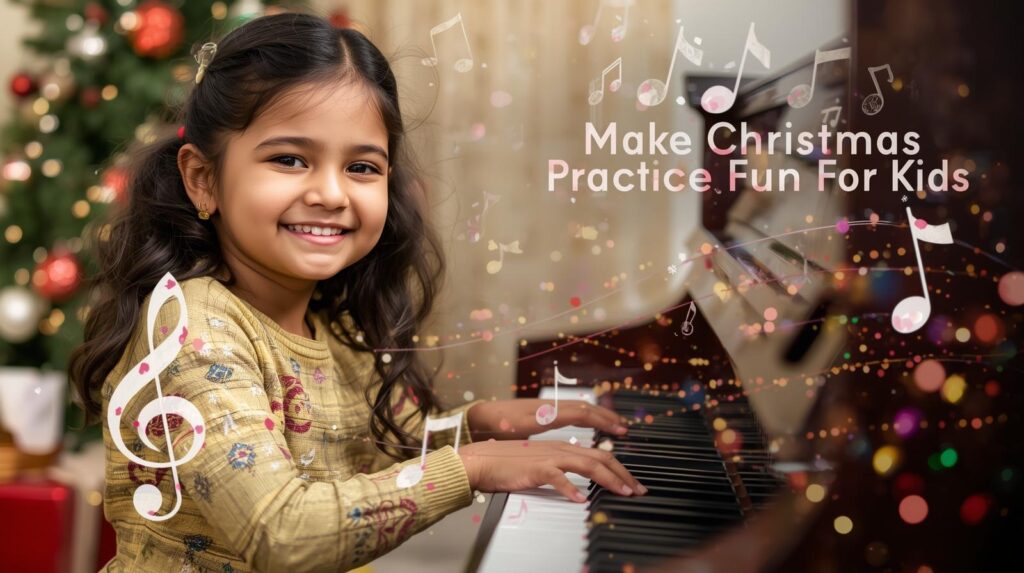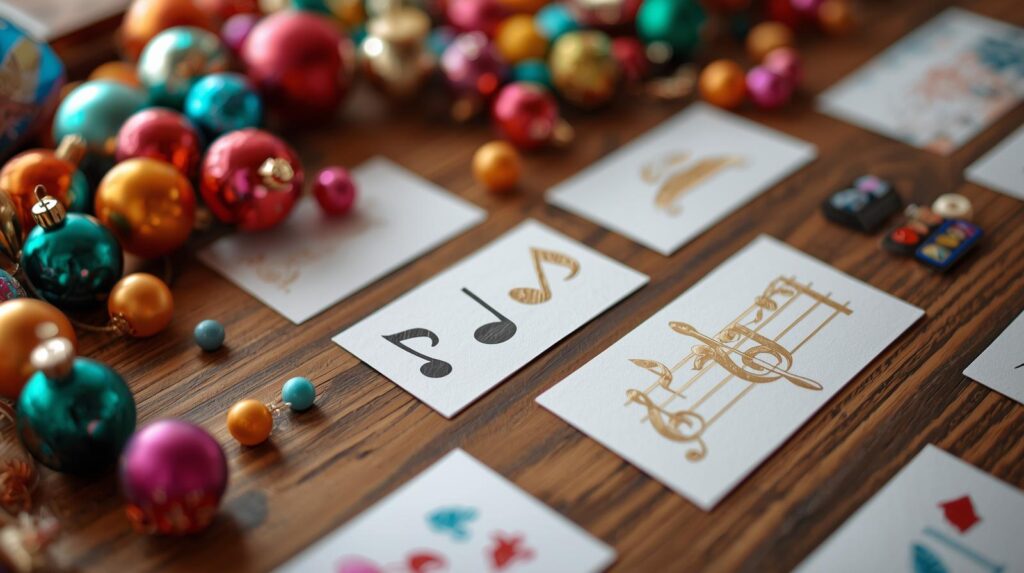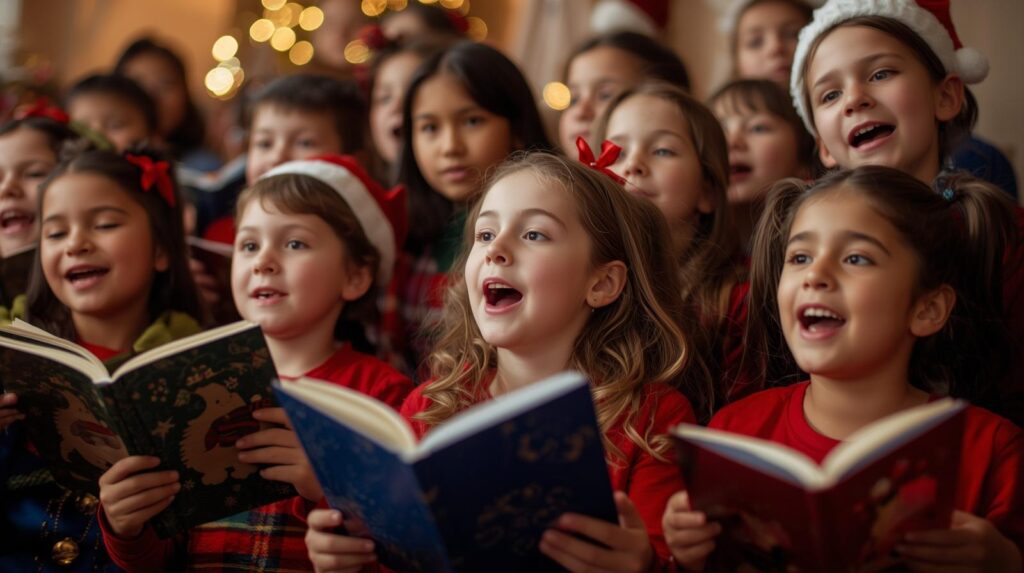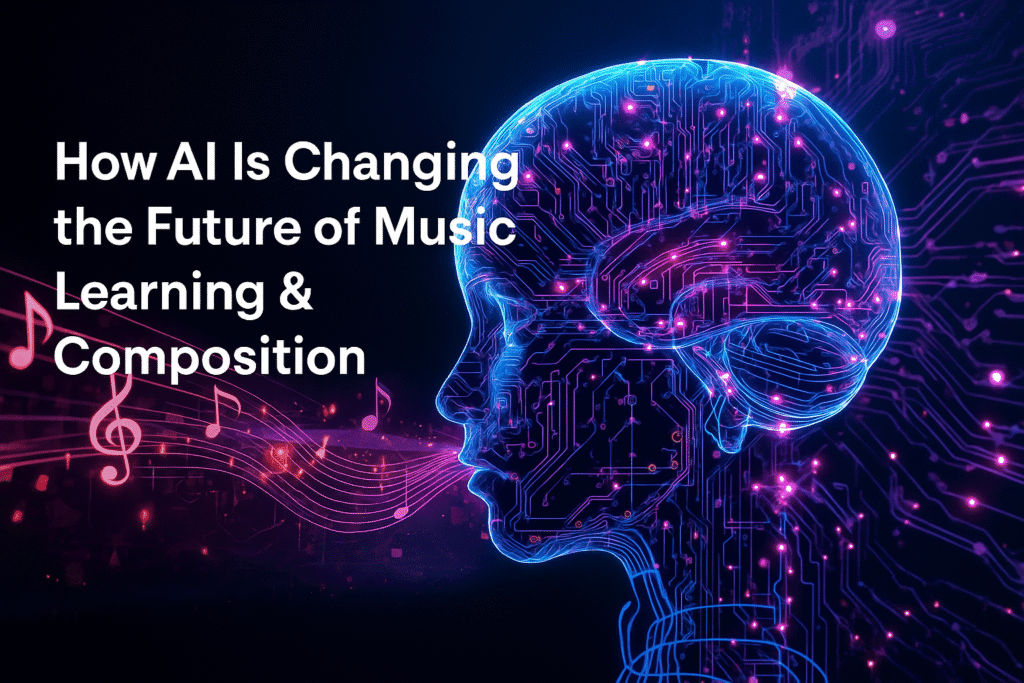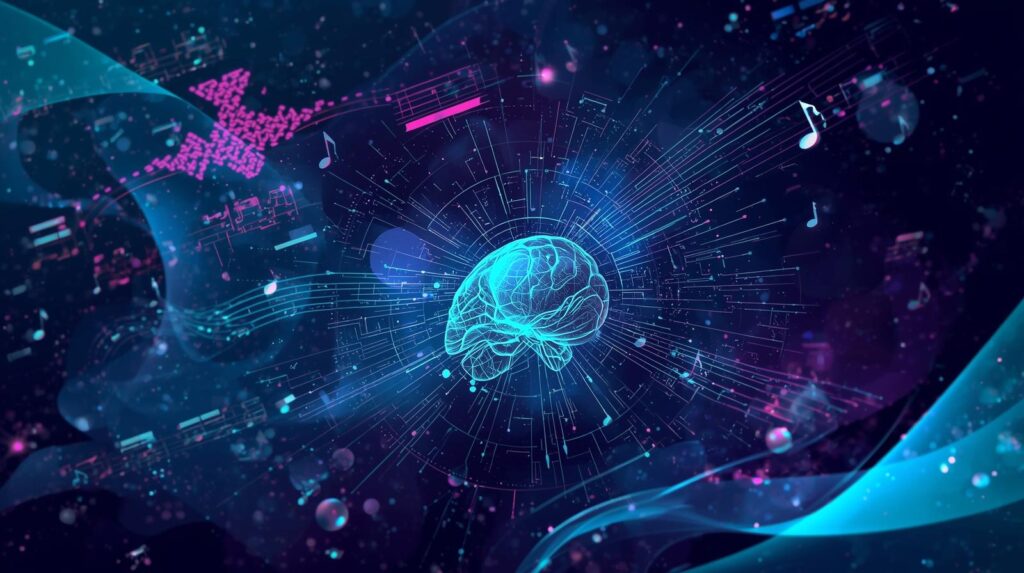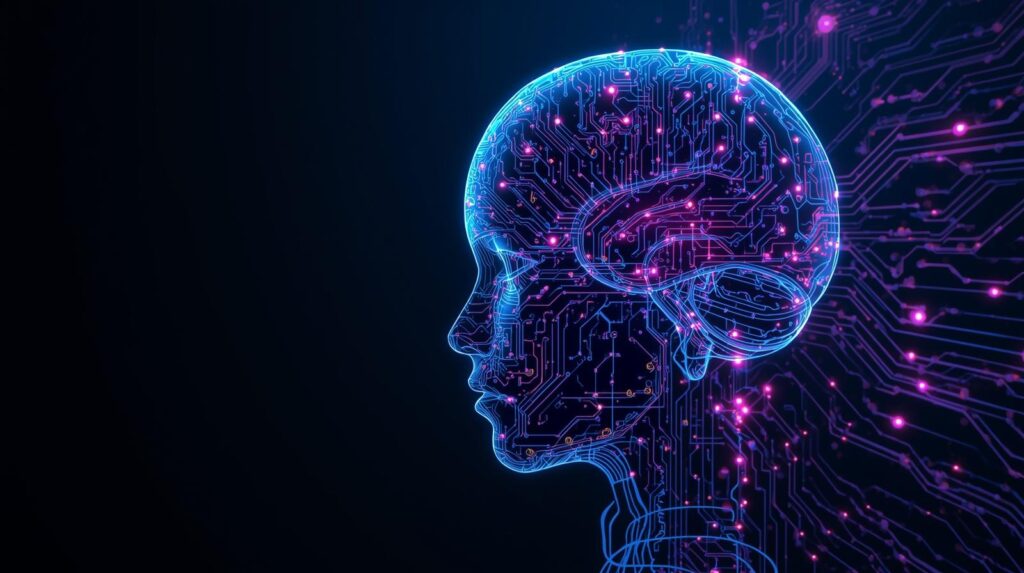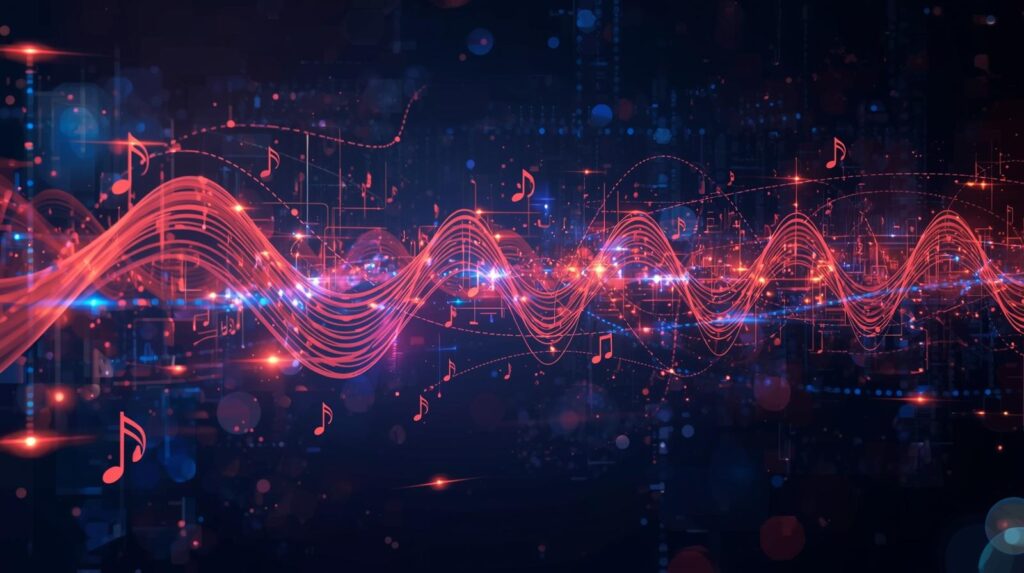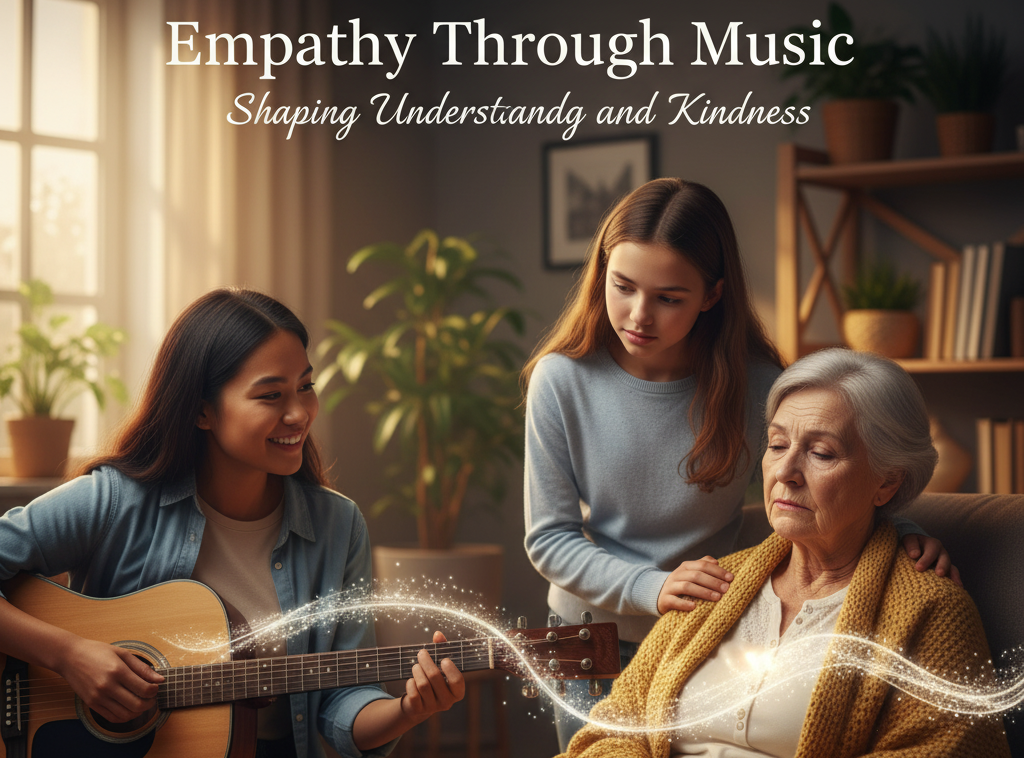
Empathy Through Music | Shaping Understanding and Kindness
Empathy Through Music | Shaping Understanding and Kindness
Music is often called a universal language. It speaks directly to the heart, crossing barriers of culture, language, and social differences. Beyond being enjoyable, music can shape emotions, thoughts, and behavior. One of its most powerful effects is empathy through music, helping listeners and performers understand and care for others. It allows us to feel what others feel, even without words. Music can connect people across generations and backgrounds, creating shared emotional experiences. Listening to or performing music encourages patience, attention, and sensitivity to others’ feelings. In a world that needs emotional intelligence, exploring how music builds these qualities is essential.
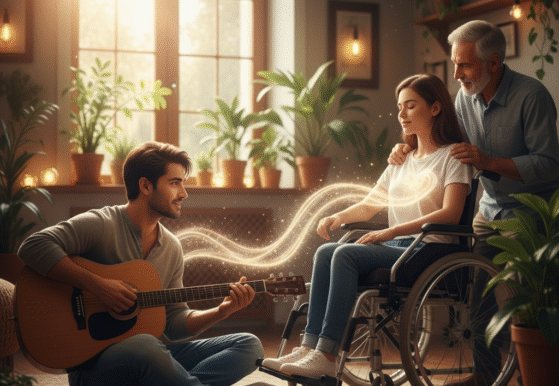
Understanding Empathy and Compassion
Empathy is the ability to understand and share the feelings of another person. Compassion builds on this, guiding us to respond with care and kindness. Together, these qualities are essential for forming strong human connections, resolving conflicts, and creating social harmony. While traditional education often emphasizes cognitive learning, emotional intelligence deserves equal attention. This is where music plays a powerful role. Through its rhythms, melodies, and harmonies, music captures emotions in ways words often cannot. It provides learners with a space to explore feelings, both their own and those of others. By engaging with music, students begin to recognize subtle emotional cues, reflect on experiences, and develop a deeper understanding of human emotions. Over time, these experiences cultivate not just empathy, but also a compassionate approach to interacting with others.

Empathy Through Music | Feeling the Emotions of Others
One of the ways music teaches empathy is by mirroring emotions. Listening to a melancholic melody or a jubilant rhythm allows individuals to experience the feelings conveyed by the composer or performer. For example, a minor key often evokes sadness, reflection, or longing, while a major key tends to convey joy and celebration. When students engage with these emotional cues, they begin to recognize and interpret the emotional states of others in real life. This capacity to identify and resonate with emotions is the foundation of empathy.
Furthermore, musical storytelling—through lyrics or instrumental expression—encourages listeners to step into someone else’s shoes. Songs about personal struggle, social injustice, or love can transport the listener into the emotional world of another person. This immersive experience is particularly effective for young learners, who may find it challenging to articulate or understand complex emotions through verbal instruction alone.
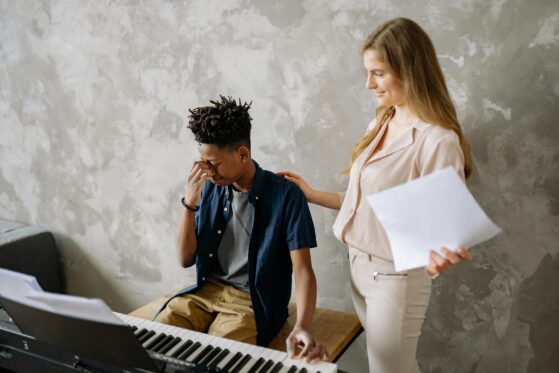
Collaborative Music-Making and Social Awareness
Participating in music ensembles, choirs, or bands creates a unique environment where empathy and compassion are practiced in real-time. Musicians must listen attentively to each other, anticipate cues, and adjust their own performance to harmonize with the group. This process nurtures patience, understanding, and mutual respect.
In addition, ensemble experiences highlight the importance of cooperation over competition. Students learn that the success of the group depends on the well-being and contribution of each member. This understanding often extends beyond music, influencing social interactions and encouraging a culture of care and support in everyday life.
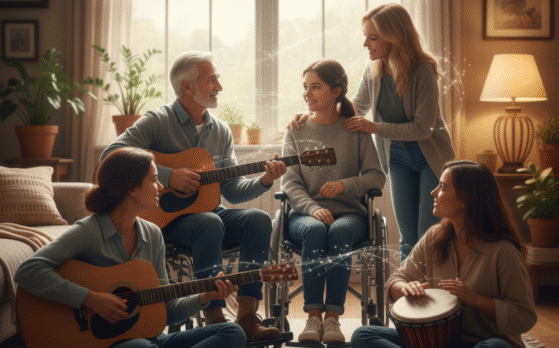
Cultural and Global Perspectives Through Music
Music also exposes learners to cultures, histories, and experiences beyond their own. By exploring world music traditions, students not only learn about different sounds but also gain insight into the lives and emotions of people from diverse backgrounds. For example, African drumming, Indian ragas, or Latin American rhythms reveal unique emotional stories and communal values. Listening, performing, and reflecting on these traditions encourages respect and appreciation for others. It helps students understand that emotions and experiences can be both different and shared across cultures. In turn, this deepens empathy and nurtures a sense of global compassion. By connecting emotionally with music from around the world, students begin to recognize the common humanity that unites us all.
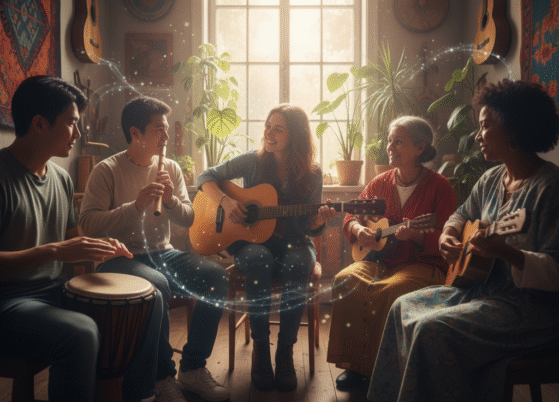
Empathy through Music | Therapeutic and Emotional Development
The field of music therapy offers clear evidence of how music builds empathy and compassion. Music therapists use carefully chosen songs and activities to help people express emotions and process trauma. These sessions also support the development of social skills. For example, children with autism often show greater social engagement and emotional awareness through structured musical interactions. Similarly, older adults dealing with loneliness or grief can find comfort and connection in music. These examples show that music can nurture compassion across all ages. By engaging with music in this way, individuals learn to understand and respond to the emotions of others more deeply.
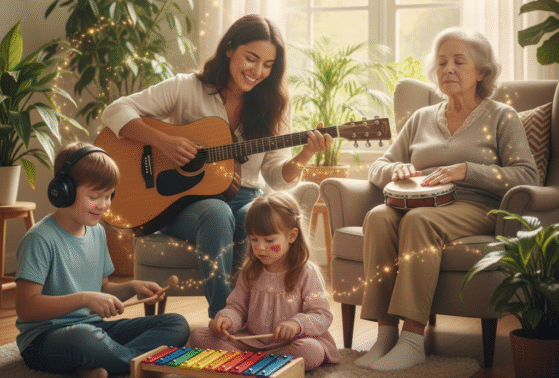
Encouraging Reflection and Self-Awareness
Empathy and compassion are not only about others; they also begin with self-awareness. Music naturally encourages this introspection. Listeners and performers explore their own emotions through melodies and rhythms. Thinking about why a piece evokes sadness, joy, or nostalgia helps deepen self-understanding. This reflection strengthens emotional control. With better awareness of their own feelings, individuals can respond to others with genuine empathy and compassion, rather than reacting impulsively. Music also teaches patience, as understanding a complex piece takes time and attention. It helps individuals recognize subtle emotions in themselves and others. Repeated exposure to emotional expression in music builds sensitivity and emotional intelligence. In this way, music links inner reflection with a deeper capacity to care for those around us.
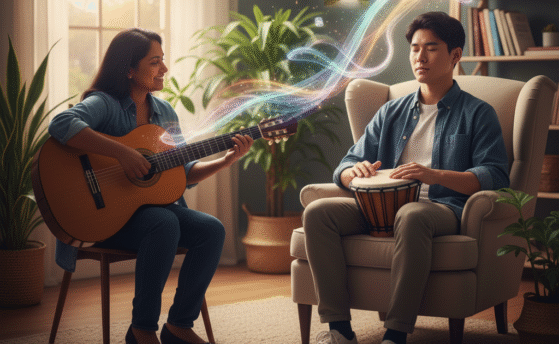
Empathy through Music in Education | Practical Approaches
Incorporating music into education can be deliberate or subtle. Teachers can have students analyze the emotions in songs, create compositions that reflect personal experiences, or join group performances that promote cooperation. Discussing feelings in music or its social context further builds empathy. Over time, these activities help students appreciate music deeply and develop skills to relate to others with care and understanding. Music also encourages self-expression, allowing students to communicate emotions they might not yet have words for. Collaborative music-making teaches patience, listening, and respect for others’ perspectives. By exploring different musical styles and cultural traditions, students gain a broader view of the world and the feelings of people from diverse backgrounds. These experiences together cultivate a sense of shared humanity and reinforce compassionate behavior in everyday life.

Conclusion
The role of music in fostering empathy and compassion is truly profound. Empathy through music allows listeners and performers to connect deeply with the emotions of others, helping them understand feelings that go beyond words. Through emotional resonance, collaboration, cultural exploration, therapy, and reflection, music creates a powerful pathway for developing emotional intelligence and human connection.
At The Mystic Keys, we believe music should do more than teach notes and rhythms — it should nurture kindness, awareness, and empathy. Our approach focuses on helping students experience music as both an art and a language of emotion, guiding them to understand themselves and others on a deeper level.
By integrating music into education and daily life, individuals grow not only in skill but also in emotional sensitivity and social understanding. Students learn to listen with compassion, express with sincerity, and connect with others through shared harmony. In a world that increasingly values understanding and connection, music becomes more than sound — it becomes a transformative force, shaping hearts and minds with every note.
Intersted in learning music with us? Register now
For more information and exciting resources about learning music, visit our website at The Mystic Keys. For more music content and exciting offers follow us on
Facebook, Instagram, YouTube, LinkedIn, Twitter, Pinterest, and Threads.


